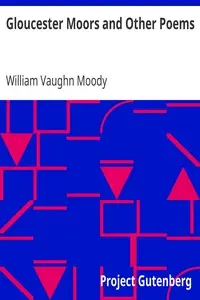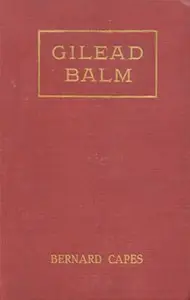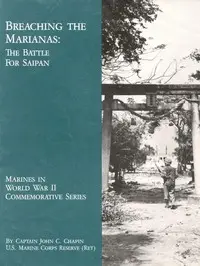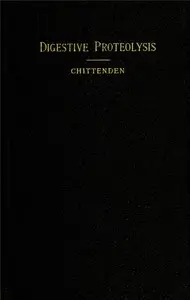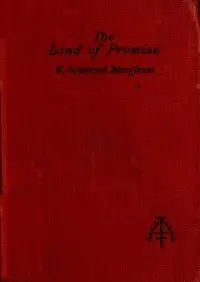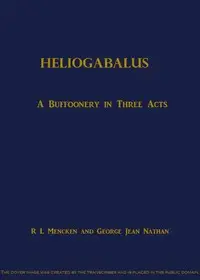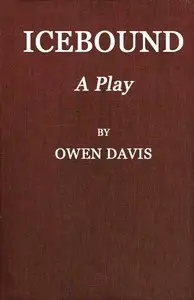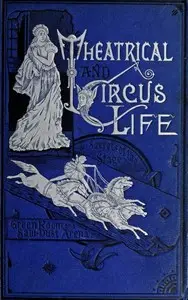"The Faith Healer: A Play in Three Acts" by William Vaughn Moody is a dramatic work written in the early 20th century. This play delves into themes of faith, healing, and the complex interplay between belief and skepticism, centering on the enigmatic figure of Ulrich Michaelis. The play presents a rich exploration of relationship dynamics as various characters grapple with hope, desperation, and the implications of miraculous healing in a small Midwestern farmhouse setting. The opening of the play introduces us to the Beeler family as they navigate the presence of Ulrich Michaelis, a supposed faith healer, who has recently come to stay with them. The atmosphere is thick with a sense of foreboding, accentuated by fog and references to physical ailments. Characters such as Matthew Beeler and Martha Beeler express skepticism about Michaelis and his influence on their invalid aunt, Mary Beeler, who is on a path towards recovery. The dynamics shift when Michaelis enters the scene, revealing his complex relationship with other inhabitants, particularly Rhoda, who shows a mix of admiration and concern for him. This initial act sets the stage for deeper explorations of faith and desperation as the characters anticipate a significant turn in their lives. (This is an automatically generated summary.)

The Faith Healer: A Play in Three Acts
By William Vaughn Moody
"The Faith Healer: A Play in Three Acts" by William Vaughn Moody is a dramatic work written in the early 20th century. This play delves into themes of...
William Vaughn Moody was an American dramatist and poet. Moody was author of The Great Divide, first presented under the title of The Sabine Woman at the Garrick Theatre in Chicago on April 12, 1906, and then on Broadway at the Princess Theatre, running for 238 performances from October 3, 1906, to March 24, 1907. His poetic dramas are The Masque of Judgment (1900), The Fire Bringer (1904), and The Death of Eve. His best-known poem is "An Ode in Time of Hesitation," on the Spanish-American War; others include "Gloucester Moor," "On a Soldier Fallen in the Philippines," "The Brute," "Harmonics", "Until the Troubling of the Waters," "The Departure," "How the Mead-Slave Was Set Free," "The Daguerreotype," and "The Death of Eve." His poems everywhere bespeak the social conscience of the progressive era (1893–1916) in which he spent his foreshortened life. In style they evoke a mastery of the verse-craft of his time and also the reach and depth derived from his intensive studies of Milton and of Greek tragedy.

